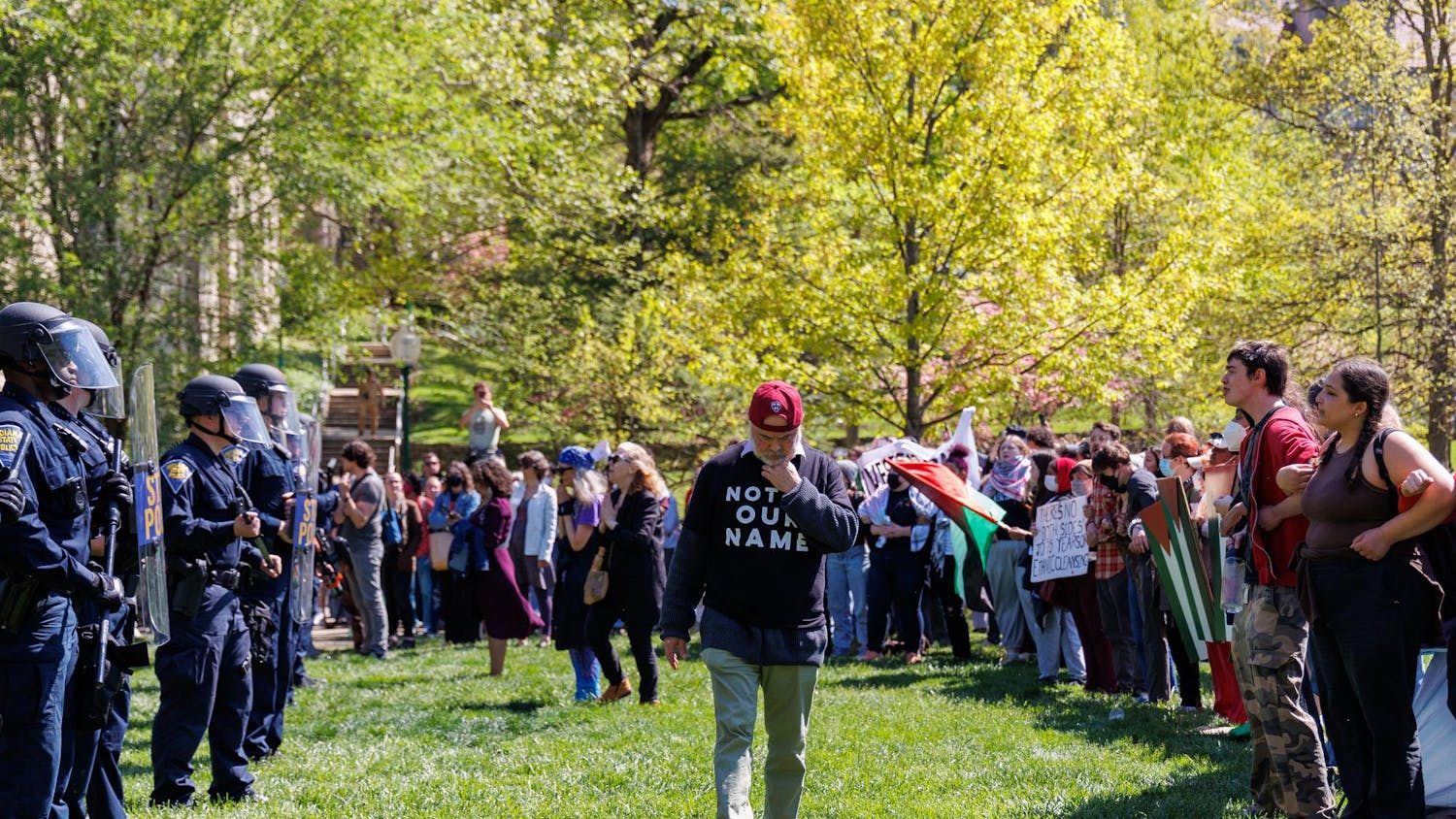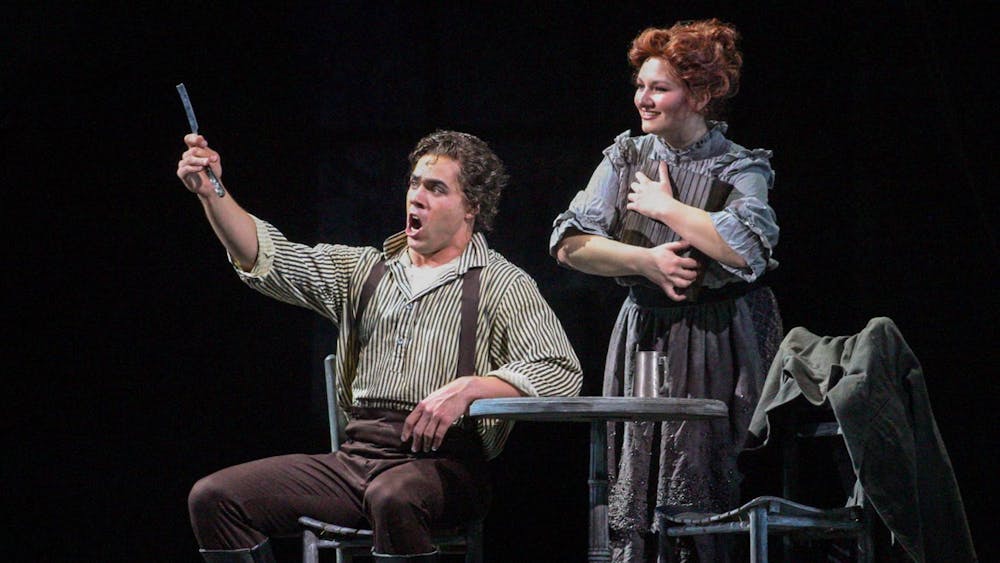Phillip Wagner compares his life story to Forrest Gump.\nThe similarities are striking: Both had braces on their legs early in their childhood, both served a tour of duty in Vietnam and both were unlucky in love.\n"But he got rich. I'm still a poor shmuck," Wagner, a post-graduate student, said.\nUnlike Gump, who told his story to the first person he met at a bus stop, Wagner requires some prodding before he tells his life story. He would much rather describe his "constructive social facilitation" program in Brazil than how he almost died from a brain aneurysm.\nNow Wagner is continuing his post-graduate studies at IU after receiving his graduate degree in Latin American and Caribbean studies last spring. \nBut Wagner enjoys talking about the work he's doing through his organization, Rhythm of Hope in Brazil, and its Web site, www.rhythmofhope.org, which launched in 2004. The organization recruits potential volunteers from around the world to help pre-existing programs in Brazil. Rhythm of Hope is currently giving contacts to Gust, a group of IU students headed by junior Laura Fonseca, to help the students plan a volunteer trip for next year. Students, including Fonseca, have previously volunteered in Brazil with the help of Wagner's program.\n"The whole focus of my program is facilitation," he said. "What we do is look for established, successful programs having a real impact."\nWagner has been to Brazil about 15 times and has established good working relationships with a number of different programs that serve excluded youth.\nHe said these programs focus on "liberating the minds of the youth" and helping them realize there is hope for a future outside the poor, violent communities they come from.\n"It is possible, against almost all hope, for communities to turn things around," Wagner said. \nRhythm of Hope in Brazil has had great success bringing volunteers together with programs that help participants grow and function successfully in society. Circus programs, sand castle building, boxing and percussion are a few of the activities in which children can participate. The programs use arts to steer children into more constructive activities. \nWagner himself had a troubled childhood. His family went through some "rough, even extreme, economic circumstances." And like Gump, Wagner had polio, though it was a mild case. For a long time, he wore leg braces at night to keep his legs from growing inward.\nWagner later served in Vietnam during the 1972 Easter Offensive and lost a close friend.\n"On TV, everyone who serves in the military is portrayed as a hero," he said. "That's bullshit. I'm no hero. I didn't want to go."\nBack in the States, Wagner said he felt a heightened sense of vigilance and awareness after the war. He said he would take in his whole environment and could sense people walking near him. His family convinced him to be evaluated for post-traumatic stress disorder.\nWagner said the test scored him as having extremely high post-traumatic stress. He also suffers from obsessive compulsive disorder and had a brain aneurysm in March of 1979 after a divorce, Wagner said.\nRecovery was slow and difficult, but Wagner has done a lot with his brain since the aneurysm. After receiving his bachelor's degree from IU-South Bend in 1979, Wagner became increasingly involved in social issues.\nIn his work with Brazilian aid agencies, he strives to provide help to people who need it and are willing to work toward change. Living his life with a purpose, Wagner is not a feather in the breeze, but a man with unrelenting dedication and commitment -- something his colleagues notice. \nDanielle Valim, a Brazilian employee at the Justice of Work in Salvador, described in an e-mail the importance of Wagner's work.\n"For years, Phillip maintained his own Web site, and with the Internet, people learned about the situation here and many began to come here to help," she said. "Phillip exposed himself to many critics who could think he was just one more American 'do-gooder.' But his sincerity and compassion are strong and now (Rhythm of Hope) has a team of people who really believe they can make some positive change."\nThough Wagner has faced several challenges, he said he cannot afford to dwell on his hardships.\n"Ultimately, I think it's all about what we do," he said. "I've had a very challenging life, which has included some incredible moments in my life, but more than anything I'd just like to find some normalcy and peace of mind. If I can accomplish that for having returned to school to reinvent myself, then I'll be happy"
Finding his rhythm
Post-graduate student takes long, winding road to helping aid organizations in Brazil
Get stories like this in your inbox
Subscribe





